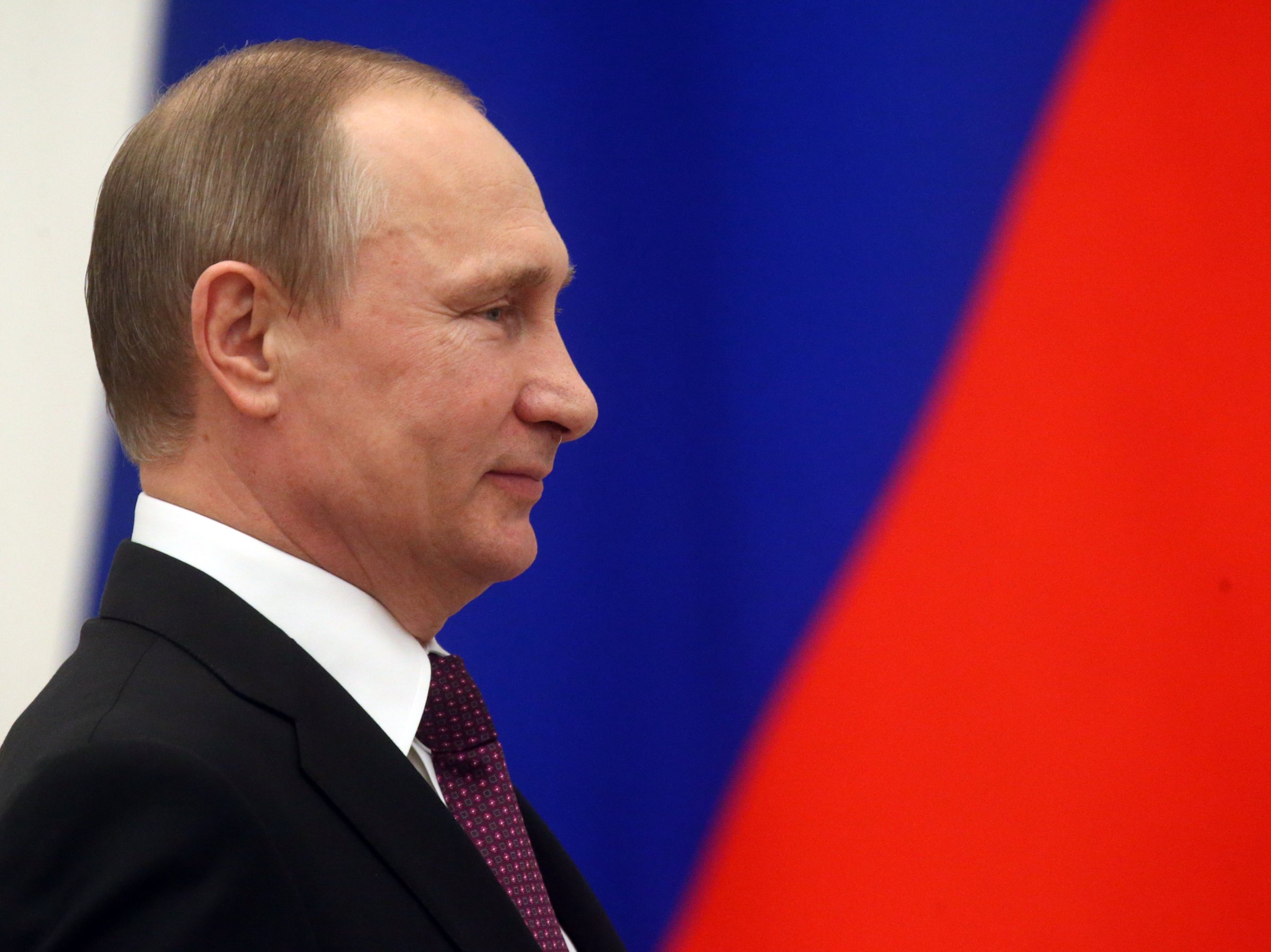
The debate will continue for some time on what Vladimir Putin has actually done in Syria. Russia announced on March 14 that it was withdrawing its few thousand troops serving in Syria, but Putin will keep the naval base that Russia leases at Tartus, Moscow’s only direct access to the Mediterranean and the only Russian naval base not on former Soviet territory. He will keep access to a Syrian air base and maintain air-defense systems to protect both, and Russia reserves the right to drop more bombs as Moscow deems necessary. The moves are shrewd. Putin is declaring mission accomplished and reducing Russia’s risks.
Putin had several goals in Syria. He wanted to re-establish Russia as a fully independent power broker outside its immediate sphere of influence, as a country not to be taken lightly. He also wanted to change the subject from a conflict in Ukraine that has isolated his country and moved the West to impose sanctions. He hoped to convince Europeans that by taking action in Syria, Russia could help manage the crisis that has flooded Europe with refugees. Both sides might benefit. The Russian government draws half its revenue from the sale of oil and gas, and oil prices will almost certainly remain low for some time. If Russia could help Europe by stabilizing Syria, Putin probably reasoned, the E.U. might lift sanctions, helping Russia manage its oil-price problem.
Putin also wanted to remind his ally, Syria’s President Bashar Assad, that Syria needs Russia much more than Russia needs Syria. He accomplished that objective first by demonstrating that Russia can strengthen Assad’s position–and then by withdrawing that help with little warning.
There are other reasons for the pullout. Putin can now shrug off Washington’s warnings that Russia would become trapped in a quagmire. And by theatrically exiting on Day One of renewed Syrian peace talks, Putin presents himself as a peacemaker. He isn’t always a master strategist, but he’s proved again that he can be a brilliant tactician.
By itself, Russia’s announcement can’t bring peace to Syria. Negotiators in Geneva are doing their best to stabilize this tragic country, but the Americans, Europeans, Russians, Saudis, Iranians, Turks and various Syrian groups remain at odds over what a future Syria might look like–and ISIS has no reason to stop shooting.
Putin knows that Syria will never again be governed as a single country. That doesn’t matter to Russia, which will keep access to air and naval bases, and Putin got out before the costs of the conflict could become prohibitive. Putin has recast himself again, this time as a self-confident and independent actor–and one the West can still do business with.
More Must-Reads From TIME
- The 100 Most Influential People of 2024
- The Revolution of Yulia Navalnaya
- 6 Compliments That Land Every Time
- What's the Deal With the Bitcoin Halving?
- If You're Dating Right Now , You're Brave: Column
- The AI That Could Heal a Divided Internet
- Fallout Is a Brilliant Model for the Future of Video Game Adaptations
- Want Weekly Recs on What to Watch, Read, and More? Sign Up for Worth Your Time
Contact us at letters@time.com